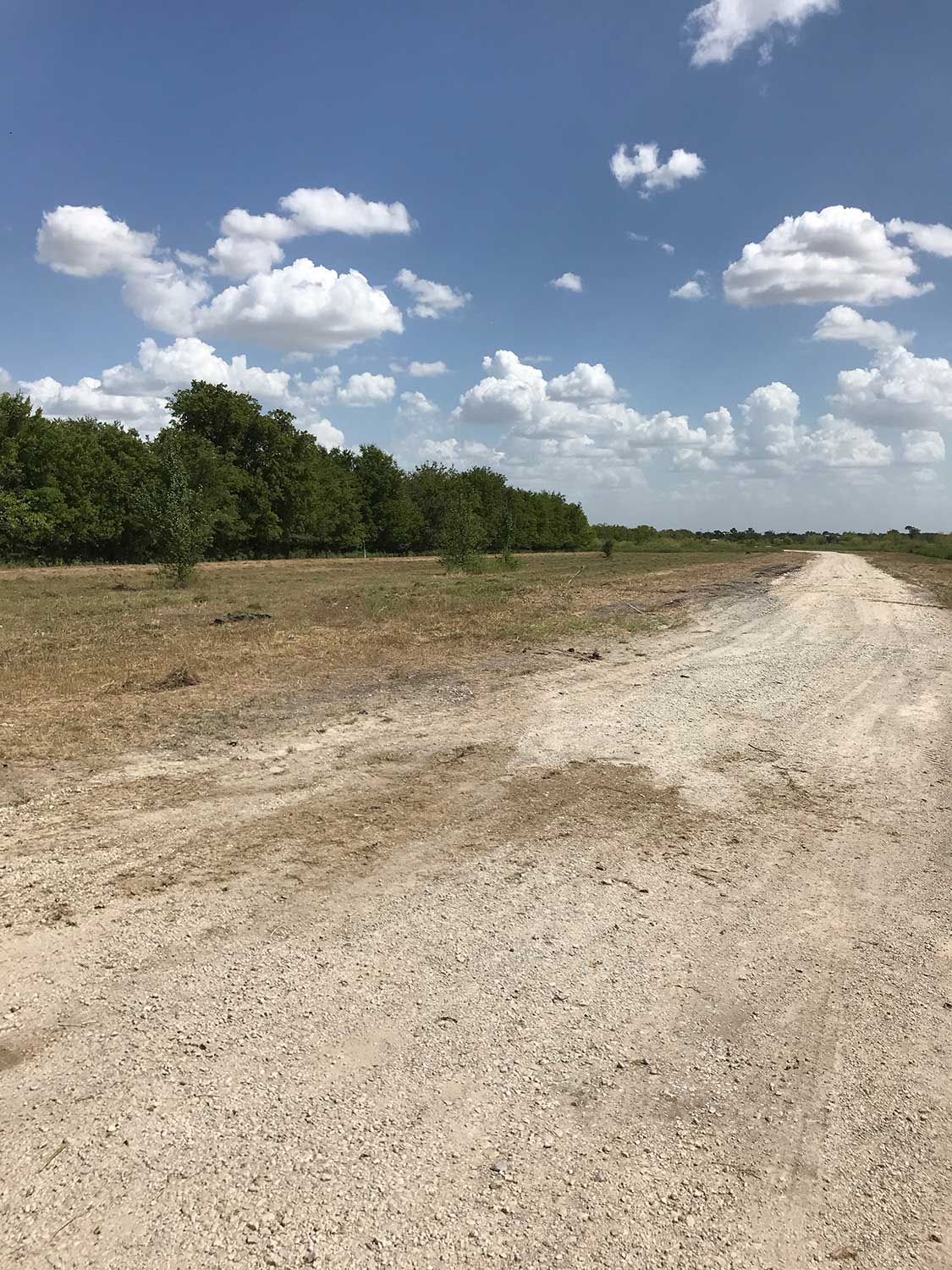Roadside Mowing Contracts
Applying for a roadside mowing contract requires considerable experience, a knowledge/understanding of those contracts, the right equipment for the job, and a good working relationship between the governmental agency and the tractor mowing services company.
Let’s look at each of those qualifications for government mowing jobs.
Experience: Not only are we talking about years of mowing experience, but we are specifically talking about years of experience with roadside mowing. Roadside mowing calls for specific skills which can only be attained through years of practice. It can be dangerous work. It is, most definitely, precise work. And without the necessary experience, it will be very costly work.
A knowledge/understanding of contracts: One look at a governmental contract for roadside mowing will tell you that “faking it” is not an option. These acreage mowing contracts are detailed and specific. They categorize jobs according to general mowing, large machine mowing, slope mowing, intermediate machine mowing, and small machine mowing. They dictate the frequency of mowing, the mowing cycles, the equipment required, the methods of operation, the limitations of operation, and the quality expected. They cover the maintenance of traffic within the mowing area. Without a complete knowledge of these terms, one should not even bother bidding on such a contract.
The right equipment: Roadside mowing contracts quite often require equipment for right of way mowing, equipment for bush hog mowing for heavy jobs, and small job equipment. That equipment must be able to mow at the same height consistently. There must be no streaking or scalping. There must be no accumulation or piling of cutting. There must be a smooth flowing transition between mowing of different widths.
A good working relationship: If, on the off-chance, one wins a bid to do roadside mowing for a municipality, future contracts depend on establishing a good relationship with the governmental workers. Deliver on promises, meet deadline, and do quality work. That is how subsequent bids will be secured.
On top of all that, liability and safety must be considered, as well as the ability to meet deadlines consistently.
These are not jobs for the weak-of-heart or the unreliable, nor are they jobs one learns on the fly.
The best advice one can give to a mowing company who is about to bid on a roadside mowing contract: Make sure you are qualified or don’t bother bidding.
One company in the Fort Worth area which is qualified is Keith’s Tractor Mowing Services. Servicing a seventy-five mile radius around Fort Worth, Keith’s has been there, done that, and continues to secure the trust of all agencies it works with. That kind of track record only comes from experience!
ABOUT KEITH’S TRACTOR MOWING SERVICES
Keith’s Tractor and Mowing Service is owned and operated by Keith Sturgeon, a life-long resident of Dallas Fort Worth. He has been a successful business person in Fort Worth for more than 20 years. Customers enjoy working with Keith because of his friendly customer service and his outstanding quality of work. Specializing in large acreage mowing, government contracts, vacant lot mowing and channel mowing in the Dallas/Fort Worth metroplex, Keith’s Tractor Mowing Services is the gold standard in acreage mowing.
